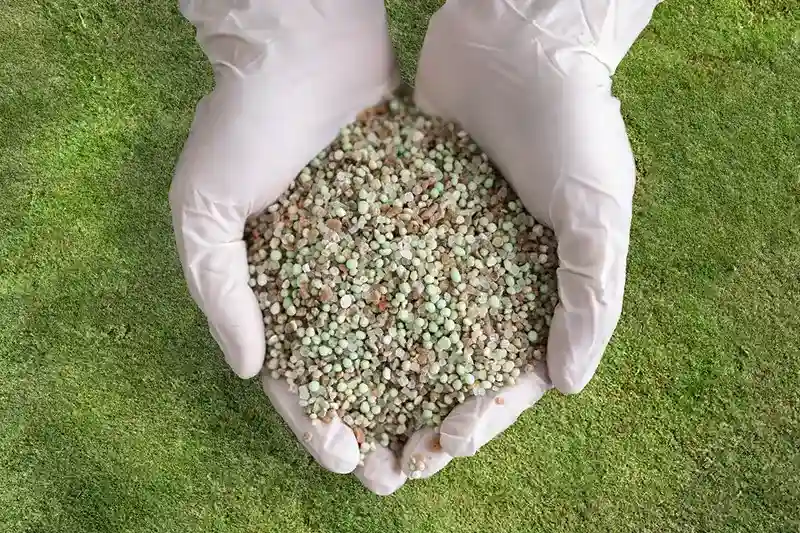Understanding the Essentials of Lawn Fertilization
Keeping your lawn vibrant and healthy is a priority for many homeowners. Fertilization is one of the most important lawn maintenance techniques. But how often should you fertilize your lawn to achieve optimal results?

The Importance of Fertilization
Fertilizing your lawn provides essential nutrients that promote growth and resilience. Strong root development and lush greens are dependent on these nutrients, which include potassium, phosphorus, and nitrogen. Without proper fertilization, your lawn may struggle to thrive, leading to issues like patchy grass and susceptibility to pests and diseases.
Factors Influencing Fertilization Frequency
Several factors influence how often you should fertilize your lawn. The type of grass, climate conditions, soil quality, and the specific fertilizer used all play significant roles. Warm-season grasses, for example, might need fertilization more often during their peak growing season, whereas cool-season grasses have distinct requirements.
Understanding Your Grass Type
Identifying the type of grass in your lawn is essential for determining the ideal fertilization schedule. Warm-season grasses like Bermuda and Zoysia thrive in hot climates and typically require fertilization every 6-8 weeks during their peak growing season. On the contrary, applying fertilizer during the mild weather of early spring and late fall proves advantageous for cool-season grass varieties such as Kentucky Bluegrass and Fescue.
Customizing Fertilization Schedule
While general guidelines exist, it’s crucial to customize your fertilization schedule based on your lawn’s specific requirements. You may choose the right fertilizer and application schedule based on what is needed of your lawn by doing a soil test, which can give you vital details about the nutrients in your soil.
Avoid Over-Fertilization
While fertilization is essential for lawn health, overdoing it can have adverse effects. Excessive fertilizer application can lead to nutrient runoff, environmental pollution, and even harm to your grass. Following recommended application rates and timing is key to preventing these issues and ensuring your lawn receives the nutrients it needs without excess.
Observing Lawn Response
Regular observation of your lawn’s health is critical for fine-tuning your fertilization schedule. Pay attention to signs such as slow growth, yellowing grass, or weed infestation, which may indicate nutrient deficiencies or excesses. Adjust your fertilization frequency accordingly to address any issues and maintain a vibrant, healthy lawn.

How Often Should You Fertilize Your Lawn?
In conclusion, determining how often should you fertilize your lawn requires consideration of various factors, including grass type, climate, and soil conditions. By understanding these factors and customizing your fertilization schedule accordingly, you can promote robust growth and lush greenery throughout the year. Remember to observe your lawn’s response and make adjustments as needed to achieve optimal results. With proper fertilization, you can enjoy a vibrant, healthy lawn that enhances your outdoor space for years to come.
Get in touch with Evergreen Landscaping LLC for expert lawn fertilization services in Aloha, OR. Call us today!